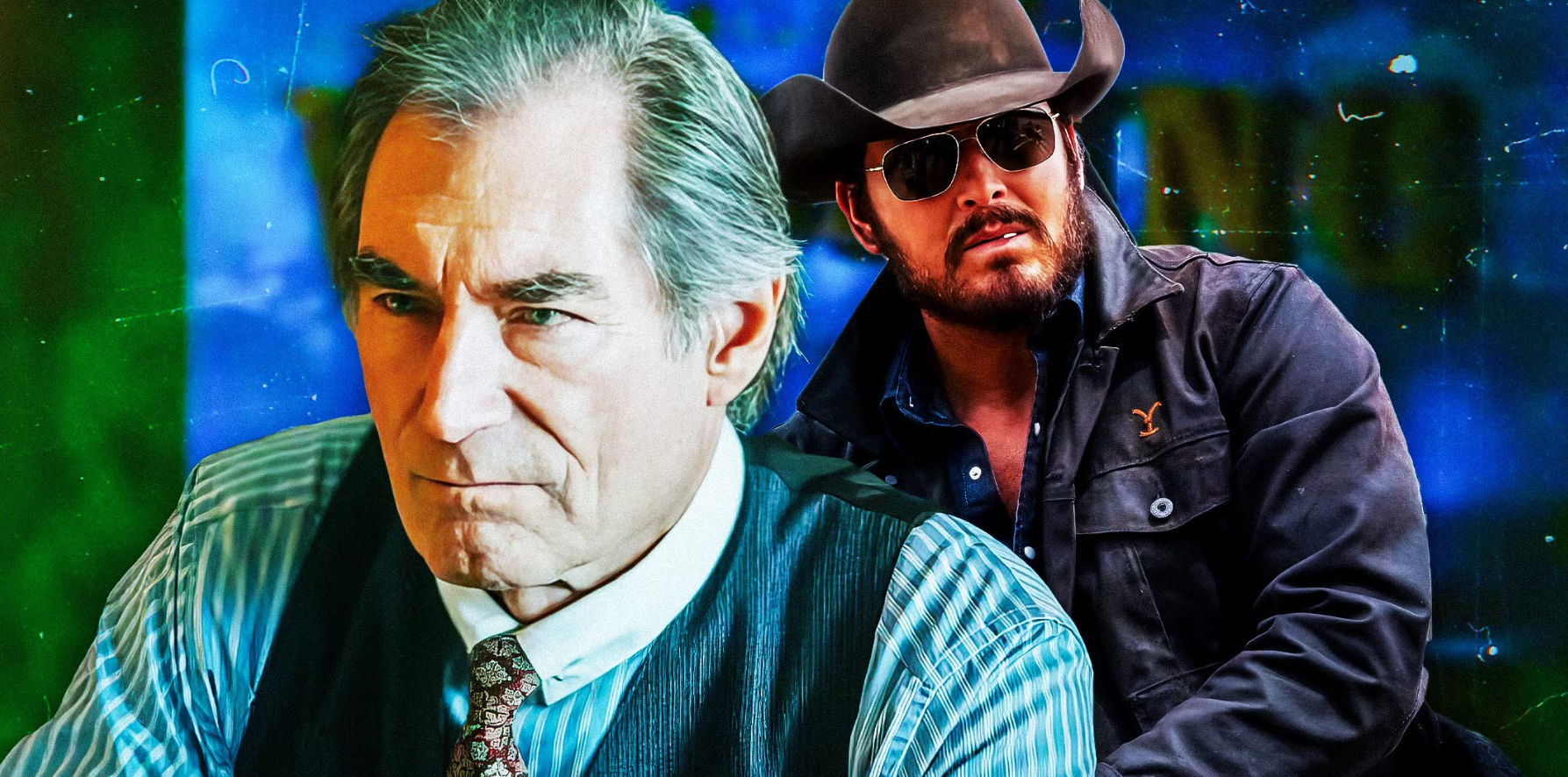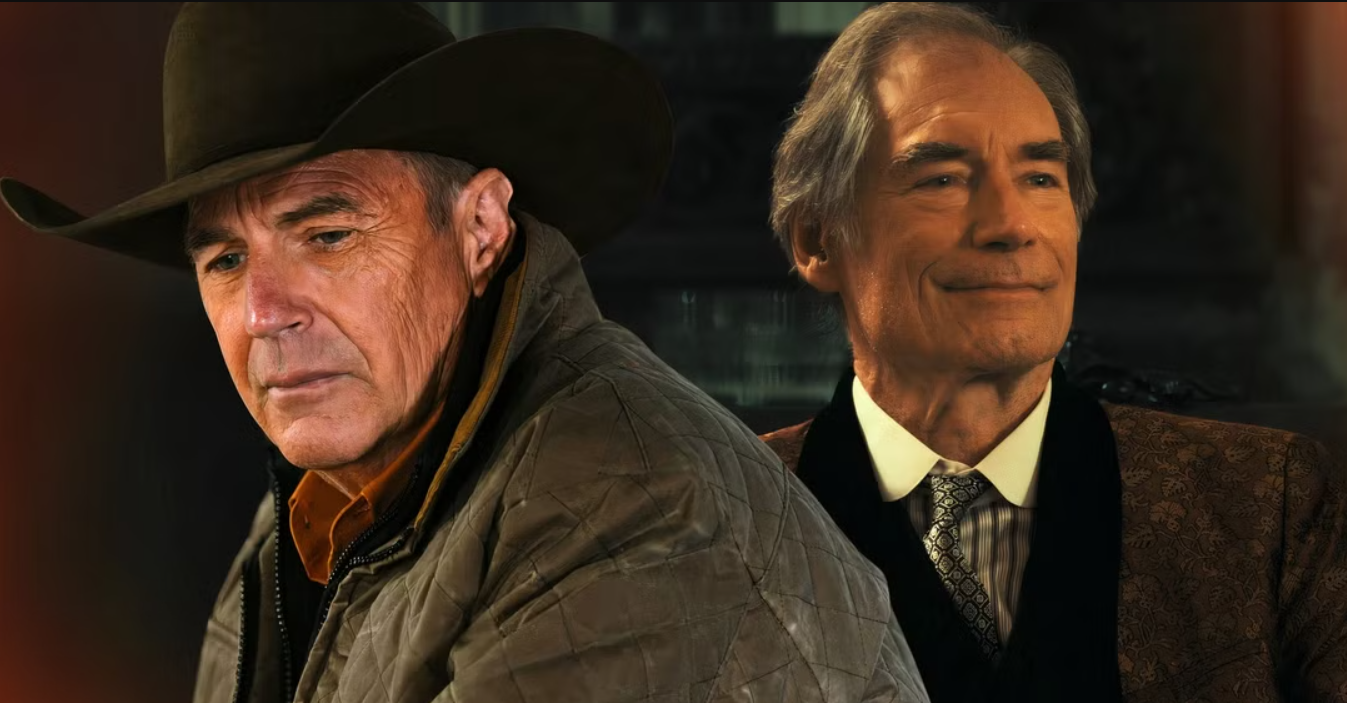John Dutton III and his family in Yellowstone are morally grey compared to Jacob Dutton (Harrison Ford), Cara Dutton (Helen Mirren), Spencer Dutton (Brandon Sklenar), and their 1923 family.
True, 1923’s Duttons kill their enemies, including Spencer executing Thomas Whitfield in cold blood in 1923 season 2’s finale. Yet the Prohibition Era Duttons seem to be more pure of heart and less morally compromised. One reason why is that the Duttons of 1923 have yet to learn about the Train Station.

The Train Station was the invention of Thomas Whitfield in 1923. The sadistic British millionaire realized the unpoliced zone between Montana and Wyoming would be the ideal place to send the Duttons once he had killed them and taken their land. Whitfield only sent one victim to the Train Station, a sex worker named Christy (Cailyn Rice), and Jack Dutton (Darren Mann) was spared this fate when he was killed by Whitfield’s men. But in the decades between 1923 and Yellowstone, the Duttons made the Train Station their own, and it cost them the moral high ground.
Yellowstone’s Duttons Using The Train Station Shows How Far They Fell Since 1923. John Dutton and his family are Yellowstone’s protagonists, but it’s hard to argue that they are good people.

Whereas Jacob and Spencer Dutton live in an era torn between the rules of civilization and the lawlessness of the Old West, John Dutton breaks countless laws in the 21st century for what he believes is a higher cause: the Dutton family’s claim on the Yellowstone Ranch, which must be preserved at any cost. The Train Station is the main symbol of the Duttons’ ethical fall from grace: How can the Duttons and their employees be good people if they kill and send their enemies to the Train Station?
Yellowstone’s cowboys like Walker (Ryan Bingham) and Jimmy Hurdstrom (Jefferson White) doubt their employers are honorable people, considering the crimes the Duttons’ commit in the name of preserving their land. The Duttons adopting the Train Station, which was invented by the Duttons’ first wealthy enemy, to use against their own foes, makes them no better than men like Thomas Whitfield.
The Duttons gave up the moral high ground for the cause of protecting their ranch at any cost.
Somewhere in the long ride between 1923 and Yellowstone, the Duttons gave up the moral high ground for the cause of protecting their ranch at any cost, and their use of the Train Station symbolizes their downfall.
